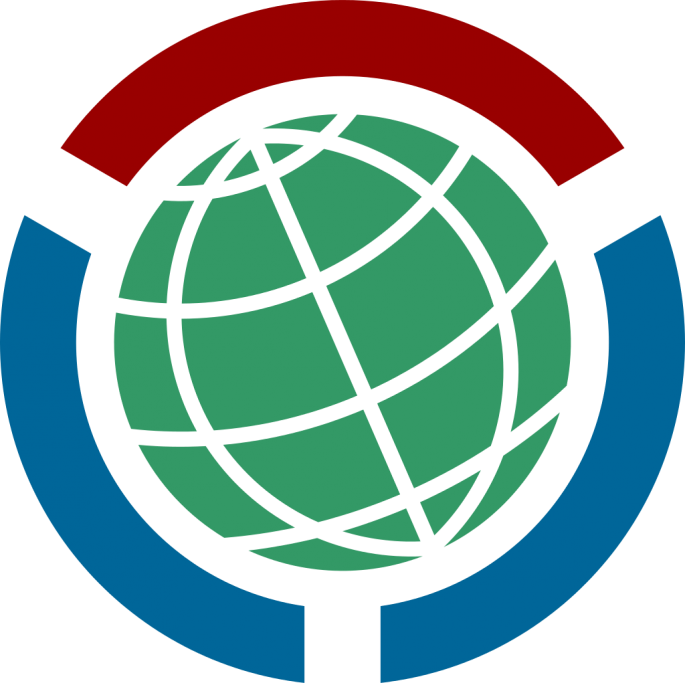Wikipedia’s Year of Science 2016 helps students get to grips with science communication

.png)
Students are writing Wikipedia articles instead of term papers in a bid to fill knowledge-gaps on the site and promote women in science
Like smartphones and social media, it’s hard to imagine a world without Wikipedia. 90% of Americans turn to the web to find out information, and around 70% use it to research scientific topics.
Although Wiki founder Jimmy Wales once warned students not to use the site for academic purposes, that hasn’t exactly translated into reality and the focus is now on improving the quality of content particularly in academic subjects which often lag behind popular topics.
Wiki Education Foundation
For the last three years the non-profit Wiki Education Foundation has been connecting higher education resources in the USA and Canada to the publishing power of Wikipedia in an attempt to bridge the gap between academia and the online encyclopedia.
Since 2013 around 200 schools in America have incorporated Wikipedia into their curriculum.
Wikipedia Year of Science 2016
This year’s focus is on science. Rather than throwing away papers at the end of term the Wikipedia Year of Science 2016 (WYoS) sees students research and write Wikipedia articles, which are then overseen and checked by expert faculty members.
The boon for students is that they improve their science communication skills by critically assessing existing content, filling in gaps, writing and researching and citing reliable sources.
In turn Wikipedia boosts its scientific search coverage and is able to offer better quality and more reliable scientific content.
Although science content on Wikipedia is certainly wide-ranging (Wiki is often the first search listing in science searches) the topics don’t always match what users are searching for. Because there’s no one guiding editor the scope of content largely depends on editors’ areas of interest, the risk being that popular topics are unfairly skewed over lesser-known ones, leaving some articles insufficiently developed and with gaps in knowledge.
Collectively, students study the full range of scientific subjects and should partly be able to address this, providing well-sourced essays across the topical spectrum. A glance on the Wiki Ed page shows that students have contributed to articles on niche topics such as “prokaryotes”, to hot potatoes like pharmaceuticals, (for the latter, work by students from the University of Michigan has been viewed 148,000 times on Wikipedia.)
Women in science
Besides improving the scope and quality of science content the WYoS is a golden opportunity to address the gender gap, not only on Wiki where at least 80% of those who contribute content are men - but in science, where the idea is to expand coverage of important women scientists on the site and build on the skills of the next generation.
Bridging the gap
It’s also a chance to bring Wikipedia and academia together. The online encyclopedia has taken some flack over reliability and accuracy, but few can deny that it’s a powerful tool when it comes to bringing scientific subjects to its 450 million users, and part of the challenge of the WYoS is to get the science community and Wikipedia working together.
Tom Porter, Senior Manager of Development at Wiki Ed, told PLOS: “Since Wikipedia was created 15 years ago, there has been a general warming up of relationships with academics. Often, instructors saw it as a problematic reference material. Now, more often, they see it as an opportunity for student writing. Wiki Ed has worked with 478 instructors at 282 universities, all of whom assigned their students to write for Wikipedia as part of their coursework. “Don’t cite it. Write it!” is the refrain.”
For higher-education teachers
Currently the Wiki Ed Foundation is providing support for the Wikipedia portion of Year of Science classes, including:
- Assignment design guidelines based on our expertise
- An online training to introduce students to Wikipedia policies and procedures
- Printed handbooks offering advice and guidelines for students and professors
- Phone, email, and video support during the term for professors and students
- Metrics about student edits, including amount of content added and page views of articles
For Wikipedia Editors
The on-Wiki portal supports open involvement from Wikipedia editors old and new. See the portal at the Wikipedia Year of Science where you can keep up with news, events, projects and highlights.
And anyone else
The WYoS is a worldwide community-based initiative and Wikipedia is interested in hearing from anyone who wants to get involved, from teachers, academic associations, journalists, Wikipedians, and universities.
Are you a Wikipedia Editor? What’s your take on the Wikipedia Year of Science 2016 and how do you think it could impact in the wider context of open access to science and data?
AIMS

